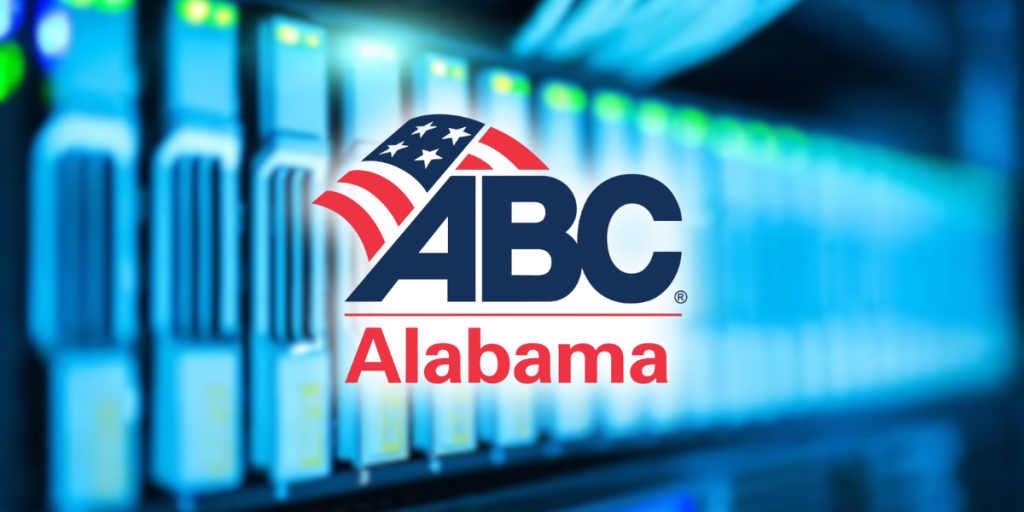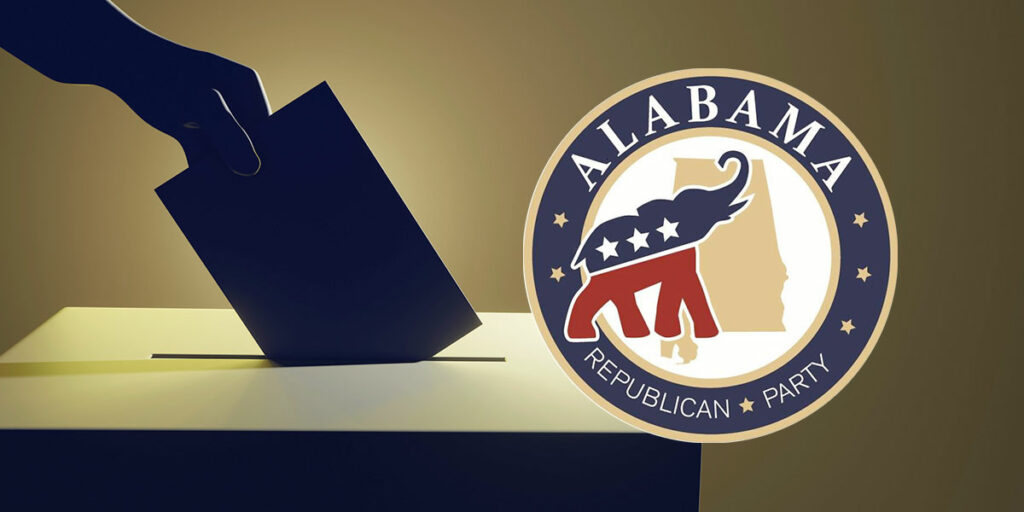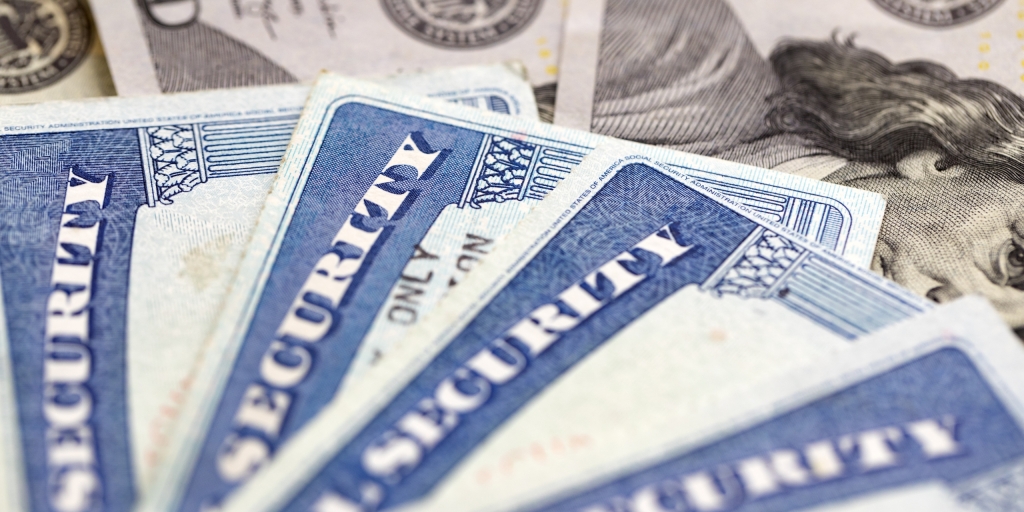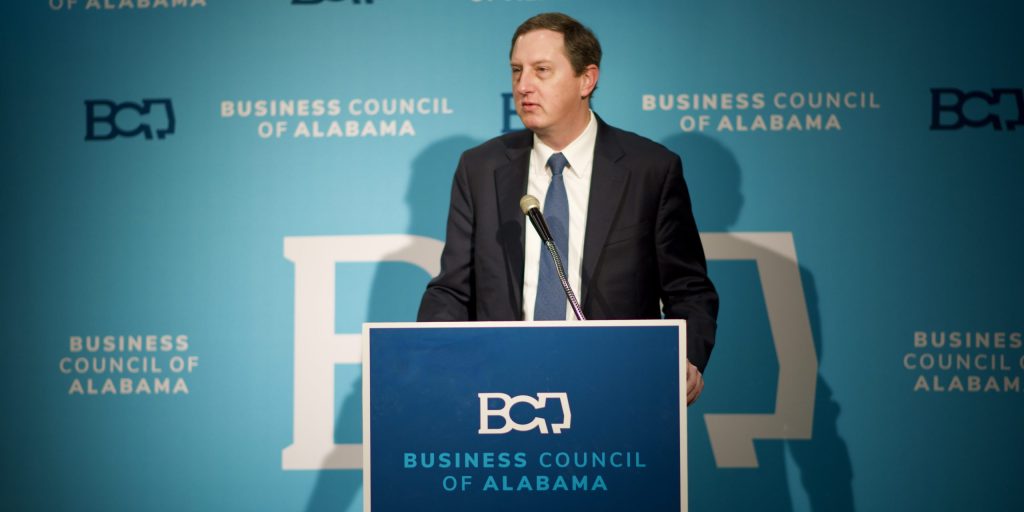President Biden and Massachusetts Sen. Elizabeth Warren recently criticized “shrinkflation”. The details are secondary to the larger question of who decides how to respond to changing economic conditions, businesses, or government officials?
I will consider Sen. Warren’s comments here, as President Biden largely repeated her points. If you have never heard the term, shrinkflation refers to reducing package sizes as prices rise. Inflation’s 40-year high in 2022 brought attention to the phenomenon.
Sen. Warren accused companies of duplicitously reducing package sizes. “From Doritos to Oreos to toilet paper, giant corporations are shrinking how much they give but charging the same price or more. We are not fooled. Corporations are boosting their profits with these tricks. It’s time to crack down on shrinkflation and corporate greed.” The timing of the senator’s accusations struck some commentators as curious as inflation has fallen from 9% in 2022 to 3.1% in January. And the Biden Administration is taking credit for bringing inflation under control.
Economists refer to the market setting prices but this really refers to general forces affecting businesses. Market “Elves” do not change prices at night while store owners sleep. Consumers might feel at the mercy of stores who can seemingly set prices arbitrarily high. But all market sales are voluntary; customers can always buy something else. Businesses fully recognize this and will hesitate when raising prices.
When the price of the inputs used to produce a good rise, producers must eventually increase the price to avoid losing money. Consider a seller of prepared breakfasts when the price of eggs recently skyrocketed. Suppose that the increased price of eggs has raised costs overall by 20 percent for a 20-ounce package previously selling for $10. The price could be raised to $12, the package size reduced to 18 ounces and the price increased to $11, the package could be reduced to 16 ounces with the price kept at $10.
Which is the best option? The company’s marketing division can best answer this; they know the most about their customers’ preferences. A free market economist like me will defer with those with superior knowledge.
Economics can inform us about companies’ tradeoffs here. Many consumers are creatures of habit, but a big price increase might spur loyal customers to try an alternative. The company may never get these customers back. Reducing package size to avoid “sticker stock” could keep customers from comparison shopping.
But Sen. Warren believes she knows better even though she likely has no more detailed information about the costs and benefits of changing the size of a bag of Doritos than I do. This is no criticism of her; she is a U.S. senator and must weight dozens of important policy questions. Sen. Warren, however, would force her judgment on businesses.
Perhaps the senator has more staffers than I imagine and has assembled many of the details. A second factor, the profit motive, suggests deferring to businesses here.
Businesses have more information about their operations and the incentive to use this information to maintain their profits. Having money at stake does not guarantee correct decisions, as many businesses go bankrupt. Sen. Warren and her staffers, however, will not profit or suffer financial consequences if their package size “advice” leads to avoidable losses.
Economists emphasize information and incentives as producing good decisions in the face of scarcity, meaning the limits nature places on our ability to satisfy our wants and desires. Limited information and poor incentives are a prescription for wasteful decisions and a lower standard of living.
As economist Thomas Sowell observes, the most important economic question is who decides. Although claiming to protect consumers, Sen. Warren seeks to take decision-making control from American businesses. The senator and her staff have neither the information nor incentive to make wise packaging choices for Doritos or Oreos. Her proposal to take control over consumer packaging should be met with the laughter it deserves.
Daniel Sutter is the Charles G. Koch Professor of Economics with the Manuel H. Johnson Center for Political Economy at Troy University and host of Econversations on TrojanVision. The opinions expressed in this column are the author’s and do not necessarily reflect the views of Troy University.










